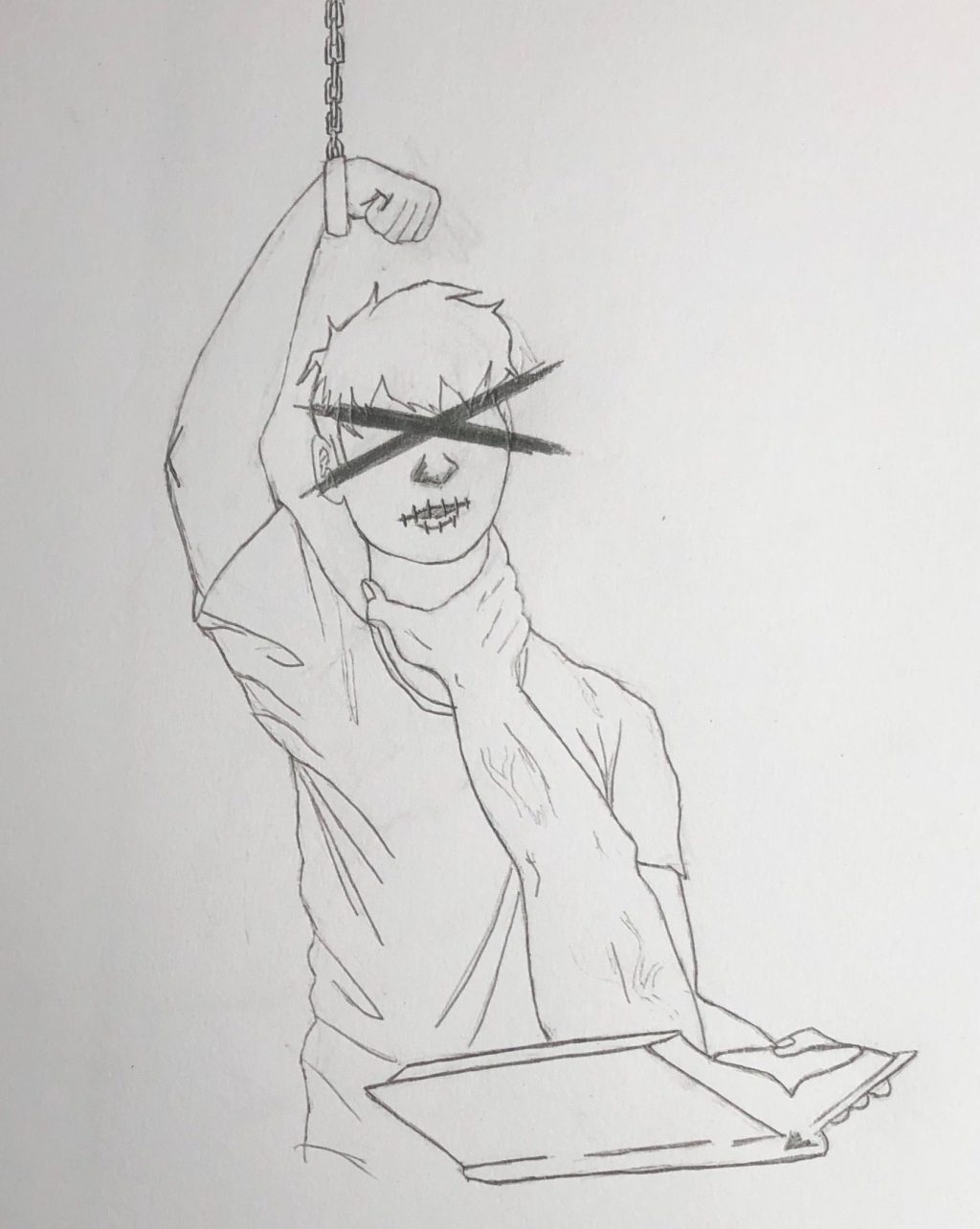Concentration camps. Possibly millions of religious minority groups detained and forced to undergo “re-education”. And worse still, a deafening silence.
Early in February, human rights groups called for a United Nations investigation into China’s “Re-education camps,” filled with local Uyghur (oy-ghur) Muslims who have been put there against their will. Chinese officials have justified these camps by citing threats of terrorism. All facets of Muslim culture and education have been banned, such as restricting names with religious connotations, as well as forcing detainees to eat pork (which is against Islam) and to renounce their religion. From what is known, these camps may hold anywhere from hundreds of thousands to over a couple million people. Family members have been separated and some have died in the camps. Refugees who have escaped are often tracked and contacted by the Chinese government, even in the U.S.
China’s treatment of Muslims may seem very far away and hard to conceptualize, but even for those concerned, there is no clear course of action.
We decided to contact Bergen County religious leaders to see what parallels they felt to this distant but grave religious crisis.
“It is our responsibility [to address this issue],” stated Rabbi Noah Fabricant of Washington Township’s Temple Beth Or. “There’s a lot of talk of ‘never again,’” he said. “Unfortunately our leverage is limited.” Both he and Brother Mahmoud Hamza, a Ridgewood Muslim community leader, recommended emailing and petitioning government representatives, encouraging them to take action.
Both leaders noted that they were not aware of organized efforts to address the issue of the concentration camps. Brother Hamza said when asked if there was any local response, “Right now, [there is no response], and that’s bad. Response to this issue is a question of moral standards. It is not a pick and choose of helping your ‘friends.’ You lose yourself…eventually [if you do that,]”
We also took advantage of the opportunity to sit down with the religious leaders and asked them about the current state of affairs of religious coexistence in their experience.
When asked about local interfaith efforts, Rabbi Fabricant said he would like more casual, in-person interfaith interaction other than that based around events. Humza agreed, saying that events can be hard to schedule. He did highlight an annual Iftar, the feast to break the Ramadan fast, in which many of other religions are invited. Both leaders also participate in interfaith council meetings with other leaders.
Both leaders noted an increase in anti-religious sentiments when asked about the challenges of religious coexistence. How do they deal with the increasingly polarized environment? Rabbi Fabricant stated that the Jewish community has infrastructures in place such as the Anti-Defamation League, which fights anti-semitism, and federations that are in contact with local police. Humza, remembering events like his son being held for an hour at an airport while the rest of his soccer team left him behind, said he can “still [feel] foreign” but has “an attitude of forgiveness.”
What we can do as high school students? Brother Humza pointed out, “We don’t have to all be alike…All the same is not interesting or realistic,” and suggested actively getting to know and appreciate our differences. He referred to the diversity of Ridgewood as a blessing. When you go out to eat, he described, you have many choices. You can get all types of food and appreciate eating different kinds of meals. Similarly, we should recognize and value our own diversity. Rather than allowing it tear us apart, let it be the force that keeps us united.
Daniel Greenman and Waez Umer
editor-at large and staff writer
Graphic: Emma McCarthy

